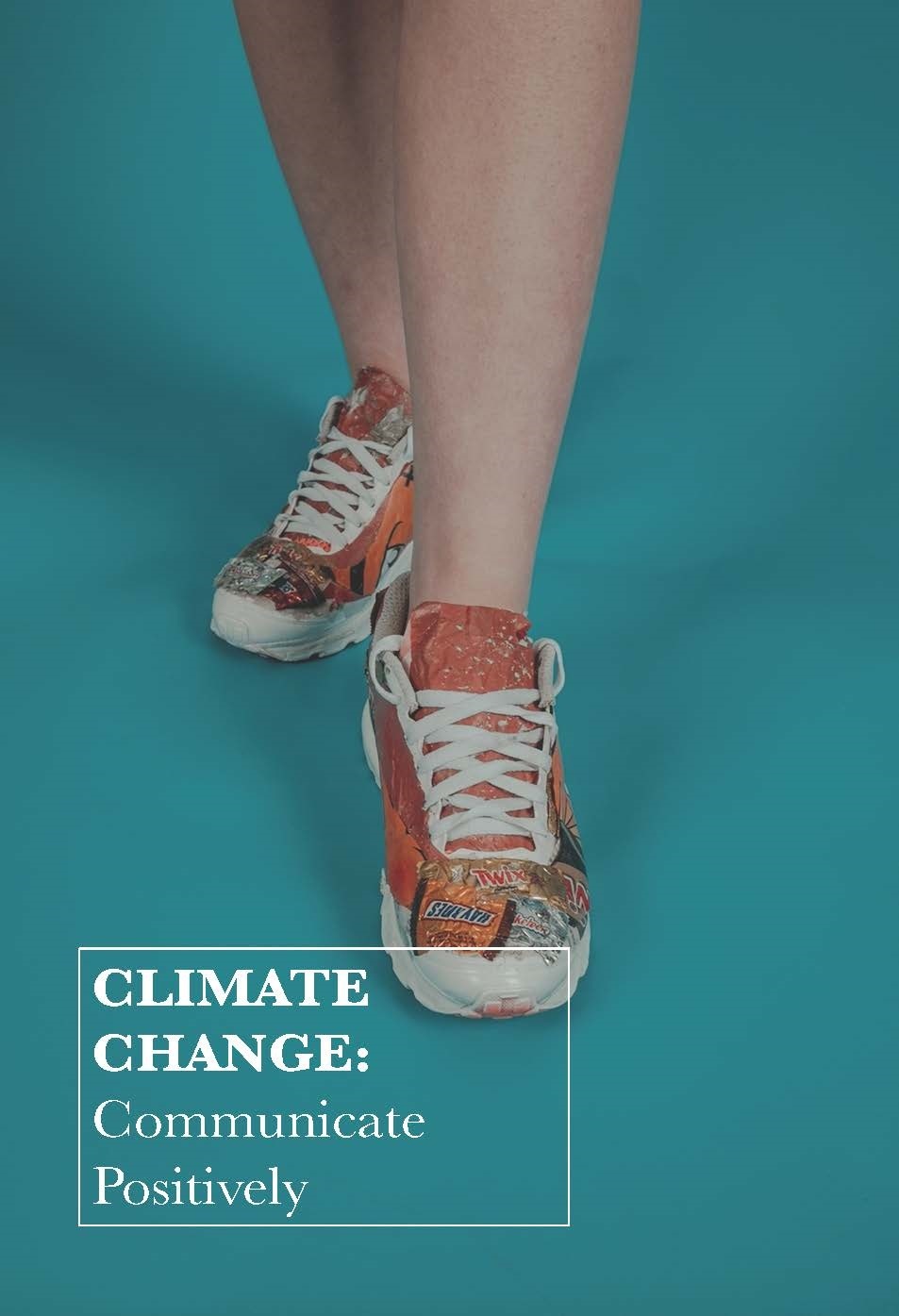 Pollution, habitat loss, overexploitation of resources – and climate change - is threatening the extinction of some one million species.
Pollution, habitat loss, overexploitation of resources – and climate change - is threatening the extinction of some one million species.
Today is Endangered Species Day – a perfect time to get people more engaged to tackle climate change threats via the enlightened TED Talk given by the psychologist and economist Per Espen Stoknes entitled “How to transform apocalypse fatigue into action on global warming.”
The biggest obstacle to dealing with climate disruptions lies between your ears, says Stoknes. He's spent years studying the defenses we use to avoid thinking about the demise of our planet - and figuring out a new way of talking about global warming that keeps us from shutting down.
Here are five inner defenses affecting people’s reaction to climate change as identified by Stoknes flipped into five successes;
-
Distance into social
When thinking of climate change, it seems very far away in both space and time. People are caught up in the day-to-day.
-
How to better engage? By bringing climate change closer and more relevant through the spreading of social norms.
-
Doom into supportive
Climate change is seen as a fearful disaster. Because of the overuse of the term, people are becoming desensitized - leading to what Per Espen Stoknes calls an “apocalypse fatigue.”
-
How to better engage? By reframing positively the use of climate change and associate it with opportunities for human health, safety and employment.
-
Dissonance into simple actions
We all know that sometimes our actions conflict with sustainable behavior. This cognitive dissonance mainly leads to discomfort and feelings of guilt.
-
How to better engage? By encouraging small behaviors and actions that can matter.
-
Denial into signal
Even if we have the knowledge, we sometimes deny it and act as if we do not know what to do. This state of mind is generally reinforced by the actions and attitude of others.
-
How to better engage? By showing progress and impact as well as providing examples of a sustainable attitude.
-
Identity into story
People love stories, particularly if they are fascinating. Nowadays, cultural identity and values are enhanced at the expense of facts.
-
How to better engage? By creating compelling stories highlighting heroes and heroines in order to be widespread and become social norms.
These points are not sufficient to tackle climate change. However, they can be the first step towards what is essential to tackle climate change: a change of mind.
See the full video here.
Source: TED Talks
Photo: Noah Buscher on Unsplash.


 Pollution, habitat loss, overexploitation of resources – and climate change - is threatening
Pollution, habitat loss, overexploitation of resources – and climate change - is threatening 

